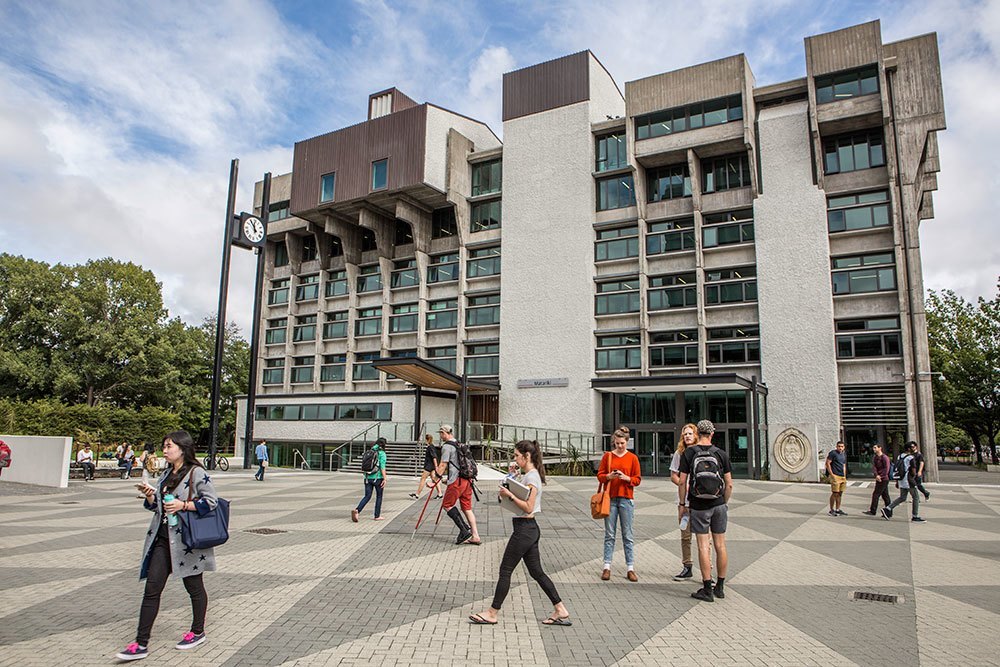Finance looks into future planning for businesses, investors, and more. Finance shapes the health of every economy, and at UC you will gain the knowledge to make the right financial decisions.
What will you learn?
- Examine three key areas: corporate finance, financial markets, and investments.
- Extra opportunities including case competitions, Chartered Financial Analysts (CFA) exams, and Professional Risk Manager (PRM) qualifications.
- Option to complete work experience in a professional environment during your final year of studies.

